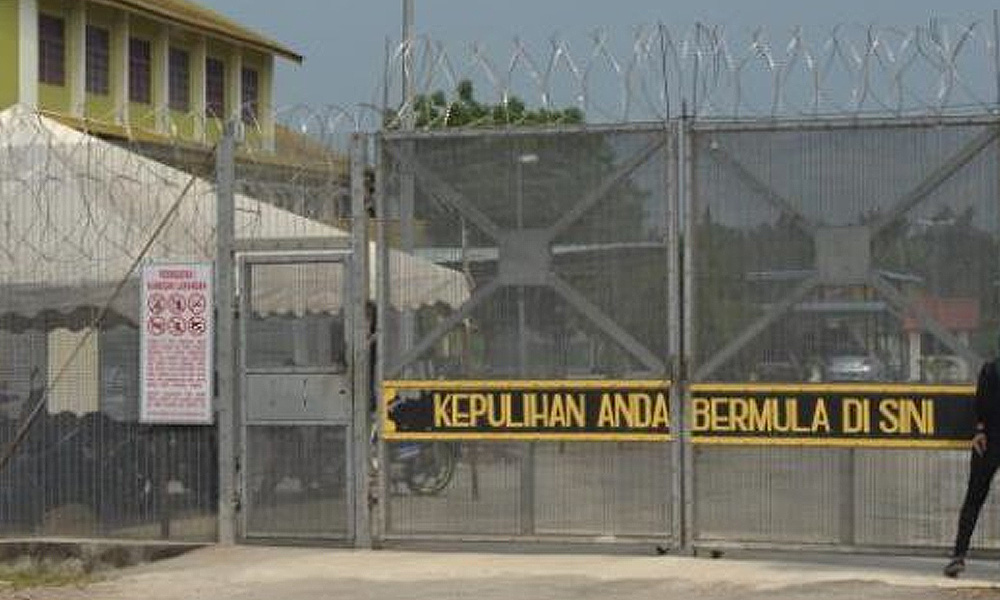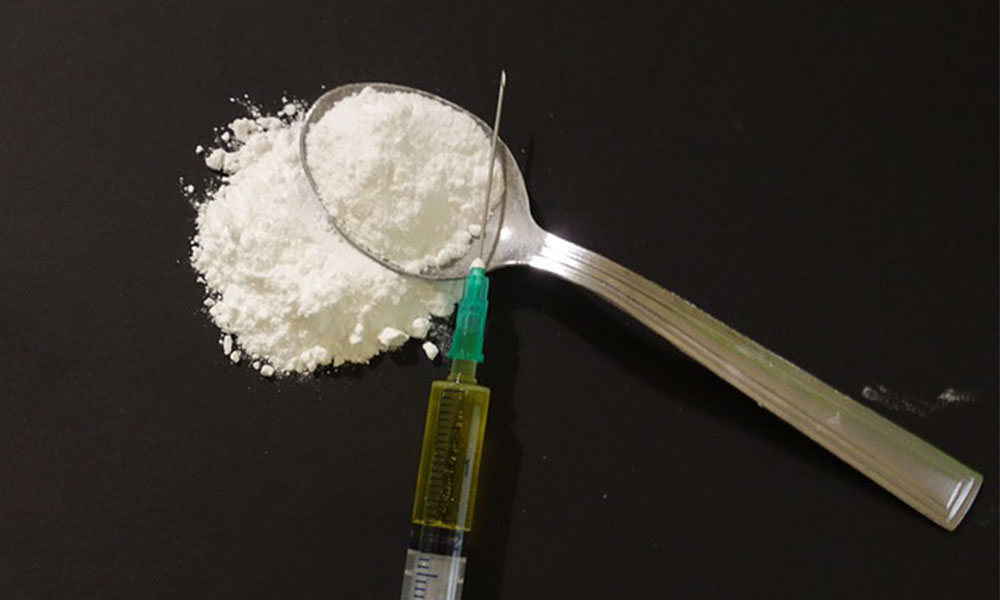The ambition to achieve a "drug-free society" has shaped drug laws in many countries by prioritising abstinence and criminalisation over public health approaches.
As of 2022, there were 2.2 million people worldwide estimated to be behind bars for drug offences, of which 470,000 have been imprisoned for personal drug use.
The United States has the highest incarceration rate in the world, predominantly as a result of its extensive war on drugs, with more than 80 percent of the prison population locked up due to drug possession.
In addition to prisons, compulsory drug detention centres in Southeast Asia have housed nearly 500,000 people who used or were suspected of using drugs.
Despite international calls for the closure of these centres, they continue to operate, often involving court-mandated and arbitrary detention, which raises significant human rights concerns about the effectiveness and ethics of such punitive approaches.
This observation is particularly significant in light of the evidence of drug use relapse within these settings.
In Malaysia, people with opioid use disorder enrolled in compulsory drug detention centres would relapse to opioid use within 31 days after release, while those who received methadone treatment in voluntary centres took much longer to relapse, around 352 days.

Harm reduction, such as methadone treatment, is a key pillar in addressing drug use. It focuses on minimising the negative health, social, and legal impacts associated with drug use rather than solely aiming to eliminate drug use itself.
Methadone has been extensively studied for people who use opioids and has been proven to reduce opioid use, decrease mortality risk from overdose, reduce criminal activity, and improve employment rates.
Criminalising drug use weakens lifesaving harm reduction programmes. Mounting evidence shows these programmes work, especially in reducing HIV infections.
Discouraging users from seeking help
When drug use is treated as a criminal offence, individuals are less likely to seek the help they need due to fear of arrest, prosecution, and social stigma.
Law enforcement practices, such as frequent policing of areas where harm reduction services are located, can discourage individuals from accessing these life-saving programmes and result in treatment interruption.

Additionally, criminalising drug use shifts resources from public health initiatives to enforcement, worsening the problems that harm reduction programmes try to mitigate.
The Alternative World Drug Report has estimated that at least US$100 billion (RM470 billion) has been spent a year on prohibition costs, globally. Yet, countries are far from eliminating the use, supply, and production of drugs.
Criminalisation of drug use neglects the social determinants of health by ignoring factors like poverty, lack of education, and limited access to healthcare that contribute to substance use.
A large majority of individuals involved in drug-related offences come from economically disadvantaged backgrounds, where limited access to education, healthcare, and stable employment fosters a cycle of poverty and substance use.
The focus on eradication of drugs rather than management has also led to the proliferation of zero-tolerance policies, which can exacerbate social inequalities and undermine efforts to address the underlying social determinants of drug use.

This approach frequently overlooks the benefits of evidence-based interventions that could reduce harm and support individuals struggling with drug dependence.
Lesson from Portugal
Portugal's model of drug decriminalisation provides an exemplary framework for measuring the public health impact of drug policy changes.
Following the decriminalisation of personal drug possession in 2001, researchers have invested in robust data collection and evaluation.
This included extensive studies tracking drug use patterns, overdose rates, and the prevalence of infectious diseases among people who use drugs.
Portugal also conducted behavioural surveys to understand changes in drug use behaviours, access to treatment, and the use of harm reduction services post-decriminalisation.
Cost-benefit analyses were also conducted to evaluate the economic impact of the policy change on the healthcare and criminal justice systems.
By integrating these diverse metrics and stakeholder feedback, Portugal was able to demonstrate positive public health outcomes, including reduced rates of drug-related harm, improved access to treatment, and a shift towards a health-centred approach to drug policy.
Public health approaches often emphasise the importance of meeting health and social needs through accessible healthcare services, comprehensive support systems, and community-based interventions.
The success of harm reduction strategies in reducing the number of HIV cases through methadone and needle-syringe programmes, for instance in Malaysia and Australia, as well as decriminalisation models such as the Portugal model that are grounded on public health principles, serve as important lessons for countries to rethink their own drug policies.

Decriminalisation of drug use is met with a lot of pushbacks that often stem from deeply ingrained societal and political beliefs that view drug use primarily as a moral failing or criminal activity rather than a public health issue.
Rethinking criminalisation
Critics argue that decriminalisation may lead to increased drug use and reduced deterrence, fearing it could send a message that drug use is acceptable.
Law enforcement agencies and policymakers, accustomed to punitive approaches, may resist changes that could be perceived as undermining their authority or reducing funding for enforcement.
Overcoming obstacles to implementing health-focused drug policies involves a comprehensive approach rooted in factual and evidence-based strategies.
Policymakers can prioritise education and awareness campaigns to clarify misconceptions and emphasise the empirical benefits of these policies.
Engaging a diverse range of people, including healthcare professionals, community organisations, and individuals with lived experience of drug use, is essential for building consensus and fostering collaboration.
Relying on rigorous scientific evidence and data-driven research helps substantiate policy decisions and showcase successful models from comparable jurisdictions.
The emphasis on achieving a "drug-free society" through punitive measures and criminalisation has led to widespread incarceration and limited effectiveness in addressing substance use disorders.
The evidence presented highlights the stark contrast between punitive approaches, such as compulsory drug detention centres, and harm reduction strategies like methadone treatment.
Treating drug use as a health and social issue is a promising way to improve outcomes for people who use drugs. - Mkini
NUR AFIQAH MOHD SALLEH is a senior lecturer in public health at Universiti Malaya, specialising in social and behavioural science. Her research focuses on HIV-related services for people who use drugs.
Originally published under Creative Commons by 360info™.
The views expressed here are those of the author/contributor and do not necessarily represent the views of MMKtT.



No comments:
Post a Comment
Note: Only a member of this blog may post a comment.